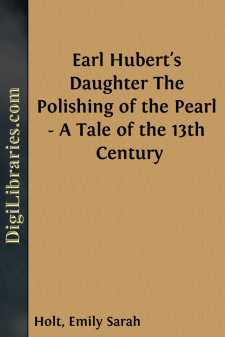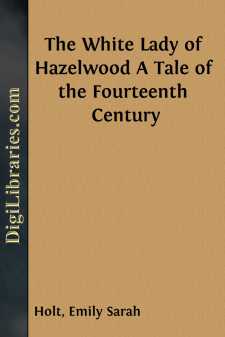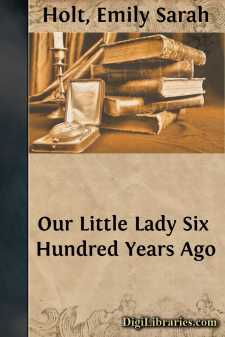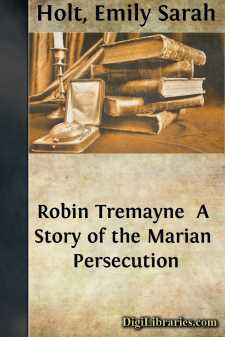Categories
- Antiques & Collectibles 13
- Architecture 36
- Art 48
- Bibles 22
- Biography & Autobiography 816
- Body, Mind & Spirit 145
- Business & Economics 28
- Children's Books 17
- Children's Fiction 14
- Computers 4
- Cooking 94
- Crafts & Hobbies 4
- Drama 346
- Education 58
- Family & Relationships 59
- Fiction 11834
- Foreign Language Study 3
- Games 19
- Gardening 17
- Health & Fitness 34
- History 1378
- House & Home 1
- Humor 147
- Juvenile Fiction 1873
- Juvenile Nonfiction 202
- Language Arts & Disciplines 89
- Law 16
- Literary Collections 686
- Literary Criticism 179
- Mathematics 13
- Medical 41
- Music 40
- Nature 179
- Non-Classifiable 1768
- Performing Arts 7
- Periodicals 1453
- Philosophy 66
- Photography 2
- Poetry 897
- Political Science 203
- Psychology 45
- Reference 154
- Religion 516
- Science 126
- Self-Help 85
- Social Science 82
- Sports & Recreation 34
- Study Aids 3
- Technology & Engineering 59
- Transportation 23
- Travel 463
- True Crime 29
Our website is made possible by displaying online advertisements to our visitors.
Please consider supporting us by disabling your ad blocker.
All's Well Alice's Victory
by: Emily Sarah Holt
Categories:
Description:
Excerpt
Friends and neighbours.
“Give you good-morrow, neighbour! Whither away with that great fardel (Bundle), prithee?”
“Truly, Mistress, home to Staplehurst, and the fardel holdeth broadcloth for my lads’ new jerkins.” The speakers were two women, both on the younger side of middle age, who met on the road between Staplehurst and Cranbrook, the former coming towards Cranbrook and the latter from it. They were in the midst of that rich and beautiful tract of country known as the Weald of Kent, once the eastern part of the great Andredes Weald, a vast forest which in Saxon days stretched from Kent to the border of Hampshire. There was still, in 1556, much of the forest about the Weald, and even yet it is a well-wooded part of the country, the oak being its principal tree, though the beech sometimes grows to an enormous size. Trees of the Weald were sent to Rome for the building of Saint Peter’s.
“And how go matters with you, neighbour?” asked the first speaker, whose name was Alice Benden.
“Well, none so ill,” was the reply. “My master’s in full work, and we’ve three of our lads at the cloth-works. We’re none so bad off as some.”
“I marvel how it shall go with Sens Bradbridge, poor soul! She’ll be bad off enough, or I err greatly.”
“Why, how so, trow? I’ve not heard what ails her.”
“Dear heart! then you know not poor Benedict is departed?”
“Eh, you never mean it!” exclaimed the bundle-bearer, evidently shocked. “Why, I reckoned he’d taken a fine turn toward recovery. Well, be sure! Ay, poor Sens, I’m sorry for her.”
“Two little maids, neither old enough to earn a penny, and she a stranger in the town, pretty nigh, with never a ’quaintance saving them near about her, and I guess very few pennies in her purse. Ay, ’tis a sad look-out for Sens, poor heart.”
“Trust me, I’ll look in on her, and see what I may do, so soon as I’ve borne this fardel home. Good lack! but the burying charges ’ll come heavy on her! and I doubt she’s saved nought, as you say, Benedict being sick so long.”
“I scarce think there’s much can be done,” said Alice, as she moved forward; “I was in there of early morrow, and Barbara Final, she took the maids home with her. But a kindly word’s not like to come amiss. Here’s Emmet (See Note 1) Wilson at hand: she’ll bear you company home, for I have ado in the town. Good-morrow, Collet.”
“Well, good-morrow, Mistress Benden. I’ll rest my fardel a bit on the stile while Emmet comes up.”
And, lifting her heavy bundle on the stile, Collet Pardue wiped her heated face with one end of her mantle—there were no shawls in those days—and waited for Emmet Wilson to come up.
Emmet was an older woman than either Alice or Collet, being nearly fifty years of age. She too carried a bundle, though not of so formidable a size. Both had been to Cranbrook, then the centre of the cloth-working industry, and its home long before the days of machinery. There were woven the solid grey broadcloths which gave to the men of the Weald the title of “the Grey-Coats of Kent.” From all the villages round about, the factory-hands were recruited....












